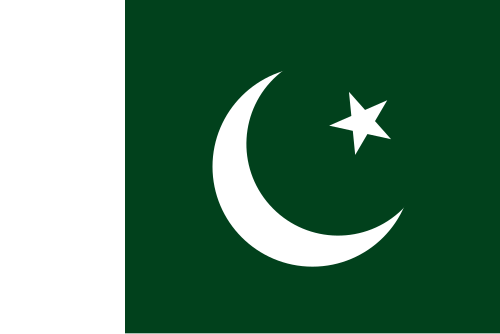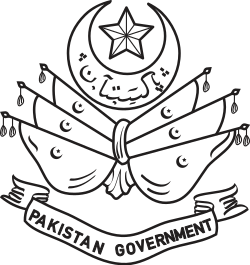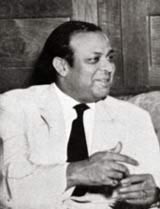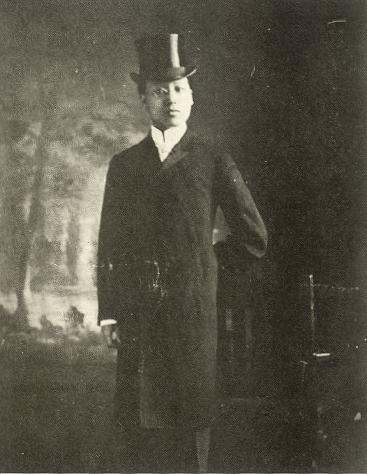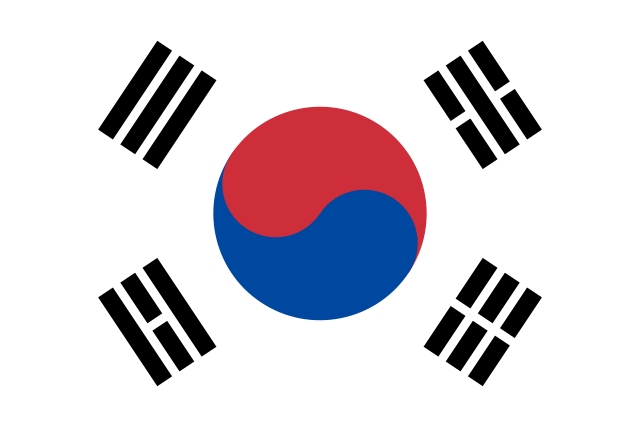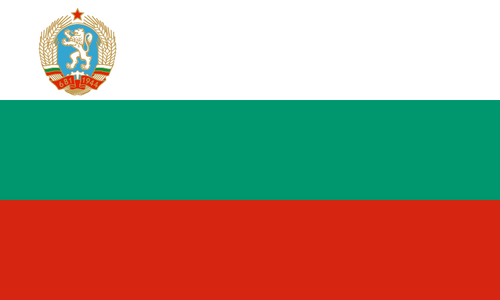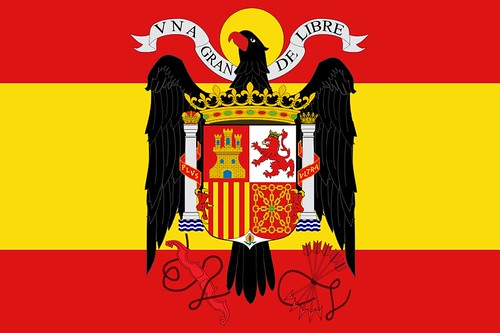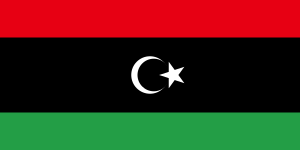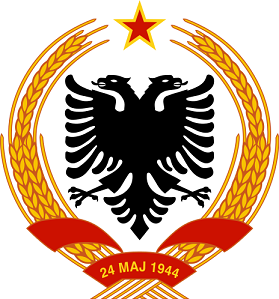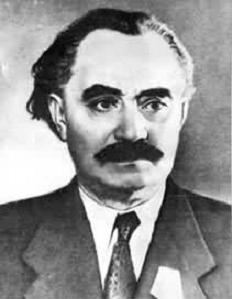Decisions of the 19th Central Committee of the CPSU
2nd Plenary Session (5 March 1953)
The Central Committee announces with deep grief that on 2 March Joseph Stalin, Secretary of the Central Committee of the CPSU and Chairman of the Council of Ministers of the USSR, has suffered a serious stroke and is unable to continue his party and government duties.
Pyotr Pospelov, Nikolai Shatalin, and Semyon Ignatyev are elected Secretaries of the Central Committee.
Leonid Brezhnev, Nikolay Ignatov, Nikolai Pegov, and Panteleimon Ponomarenko are relieved of their duties as Secretaries of the Central Committee.
Vasily Andrianov, Averky Aristov, Semyon Ignatyev, Demian Korotchenko, Vasili Kuznetsov, Otto Kuusinen, Vyacheslav Malyshev, Leonid Melnikov, Nikolai Mikhailov, Panteleimon Ponomarenko, Mikhail Suslov, Dmitry Chesnokov, Nikolay Shvernik, and Matvei Shkiryatov are relieved of their duties as full members of the Presidium of the CPSU.
Mir Jafar Baghirov, Leonid Melnikov, Panteleimon Ponomarenko, and Nikolay Shvernik are elected candidate members of the Presidium of the CPSU.
Leonid Brezhnev, Andrey Vyshinsky, Arseny Zverev, Nikolay Ignatov, Ivan Kabanov, Alexei Kosygin, Nikolai Patolichev, Nikolai Pegov, Alexander Puzanov, Ivan Tevosian, and Pavel Yudin are relieved of their duties as candidate members of the Presidium of the CPSU.
Nikita Khrushchev is relieved of his duties as First Secretary of the Moscow Regional Committee of the CPSU.
Kliment Voroshilov is nominated for the post of Chairman of the Presidium of the Supreme Soviet of the USSR.
Georgy Malenkov is nominated for the post of Chairman of the Council of Ministers of the USSR.
Lavrentiy Beria and Lazar Kaganovich are nominated for the posts of First Deputy Chairman of the Council of Ministers.
Vyacheslav Molotov is nominated for the post of Minister of Foreign Affairs.
It is recommended that the Ministry of War and Ministry of the Navy be combined into the Ministry of Defense of the USSR. Nikolai Bulganin is nominated for the post of Minister of Defense.
It is recommended that the Ministry of State Security be absorbed into the Ministry of Internal Affairs of the USSR. Lavrentiy Beria is nominated for the post of Minister of Internal Affairs.
Grigory Kosyachenko is nominated for the post of Director of the State Planning Committee of the USSR.
NOTE: All recommendations and nominations of the Central Committee were implemented by the Presidium of the Supreme Soviet of the USSR by 24 March.
3rd Plenary Session (14 March 1953)
Georgy Malenkov, Nikolai Mikhailov, and Averky Aristov are relieved of their duties as Secretaries of the Central Committee.
4th Plenary Session (2-7 July 1953)
Semyon Ignatyev is relieved of his duties as Secretary of the Central Committee.
Lavrentiy Beria is relieved of his duties as full member of the Presidium of the CPSU.
Mir Jafar Baghirov and Leonid Melnikov are relieved of their duties as candidate members of the Presidium of the CPSU.
The appointment of Sergei Kruglov as Minister of Internal Affairs of the USSR is confirmed.
The appointment of Maksim Saburov as Director of the State Planning Committee of the USSR is confirmed.
5th Plenary Session (3-7 September 1953)
Nikita Khrushchev is elected First Secretary of the Central Committee.




